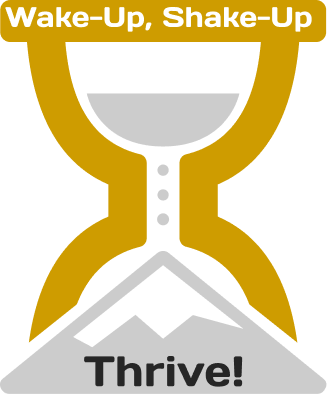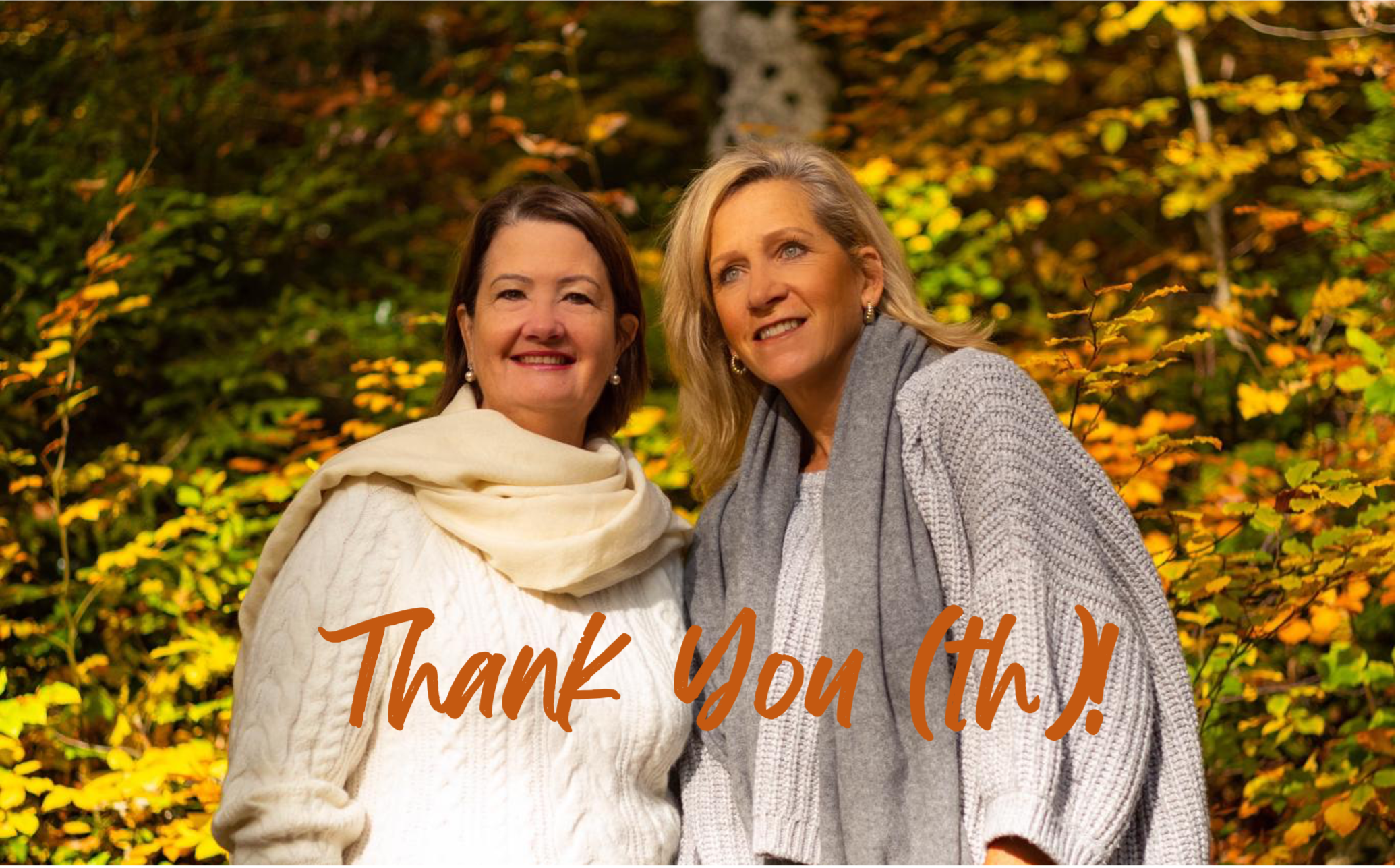November – when many Americans celebrate Thanksgiving — is the ideal month to talk about “thanks”. Did you know that giving thanks – gratitude – can help keep you youthful? Read on to discover more!
Gratitude is appreciation for what we receive, tangible or intangible. It helps us focus on what we have instead of what we don’t and to acknowledge the goodness in our lives. As a result, gratitude helps us connect to something greater than ourselves — other people, nature, or a higher power — our spirituality.
Wake-Up!
Gratitude boosts the neurotransmitters, dopamine and serotonin, and the hormone oxytocin, all associated with well-being and a positive outlook. Science provides solid proof supporting what many religions and spiritual traditions have been preaching for ages: gratitude does good. People who display gratitude have:
- 16% fewer physical symptoms
- 10% less physical pain
- 25% increased sleep quality
Researchers are finding reason to believe that it may be easier to feel grateful and express gratitude as we grow older and that practicing gratitude can have a positive impact on longevity in several ways:
- Gratitude practices, such as keeping a gratitude journal or simply reflecting on things you’re thankful for, can help reduce stress which is associated with a range of health problems contributing to a longer, healthier life.
- Gratitude is linked to improved mental health, including reduced symptoms of depression and anxiety which is a crucial factor in longevity, as it can lead to healthier lifestyle choices and better overall quality of life.
- Expressing gratitude toward others can strengthen social connections and improve relationships which have been linked to increased longevity through better emotional and physical health.
- Gratitude practice can help foster a positive outlook on life which along with a positive attitude is associated with better health outcomes and longevity.
- Grateful individuals often develop better-coping mechanisms for dealing with adversity and life’s challenges – a resilience that can help navigate difficult situations and maintain a sense of well-being over the long term.
- People who practice gratitude tend to be more inclined to engage in health-promoting behaviors, such as exercise, healthy eating, and regular medical check-ups – all of which can contribute to a longer and healthier life.

Shake up!
Practicing daily gratitude doesn’t have to be complicated or time-consuming. Here are some easy ways to incorporate gratitude into your daily routine:
- During a walk or while commuting, mentally list things you’re grateful for. Nature, the weather, your health, or the simple pleasure of a walk can be on your list.
- Share your daily gratitude with a friend or family member. This can create a sense of accountability and strengthen your bond.
- Start your day by thinking of one or two things you’re grateful for. This sets a positive tone for the day ahead.
- As you wind down for the night, reflect on the day and identify a few things that you’re grateful for. This can help you go to sleep with a positive mindset.
- Do something kind for someone without expecting anything in return, because the act of giving can cultivate gratitude.
- Dedicate a few minutes each day to write or record the things you’re thankful for. It could be as simple as three things each day. Over time, you’ll have a record of positive moments to reflect on.

Thrive!
Remember, the key to successful gratitude practice is consistency. Choose whatever resonates with you and make it a daily habit. Over time, you may find that practicing gratitude not only improves your mood but also enhances your overall well-being and your youthful gratitude attitude!
It’s important to note that while practicing gratitude can be beneficial for overall well-being and potentially contribute to longevity, it should not be seen as a standalone solution. Gratitude practices can be a valuable addition to a holistic approach to health and well-being, but they should be combined with other healthy habits and behaviors for best results.
If you want to learn more about a holistic approach to aging, read our book “Wake-Up, Shake-Up, Thrive! How to lift up your life in your 50s and beyond!” (English or French). If you are a coach or consultant and wish to train for the aging population, learn more HERE.
With gratitude,
Ellen & Dominique

